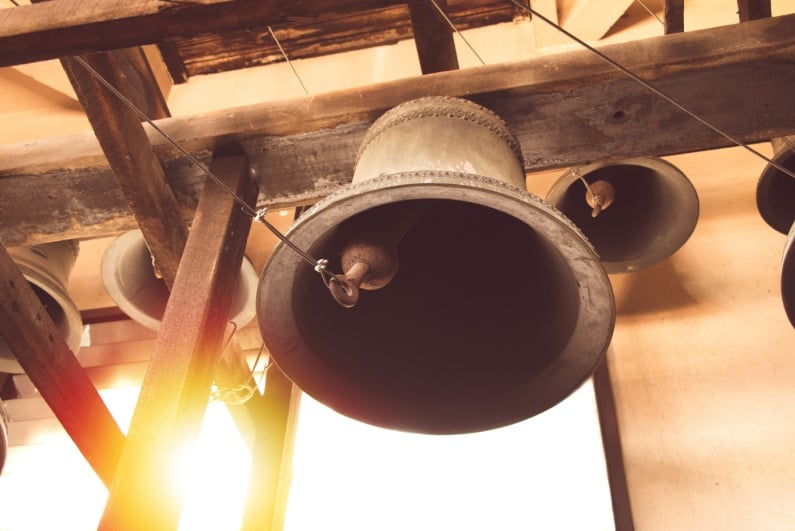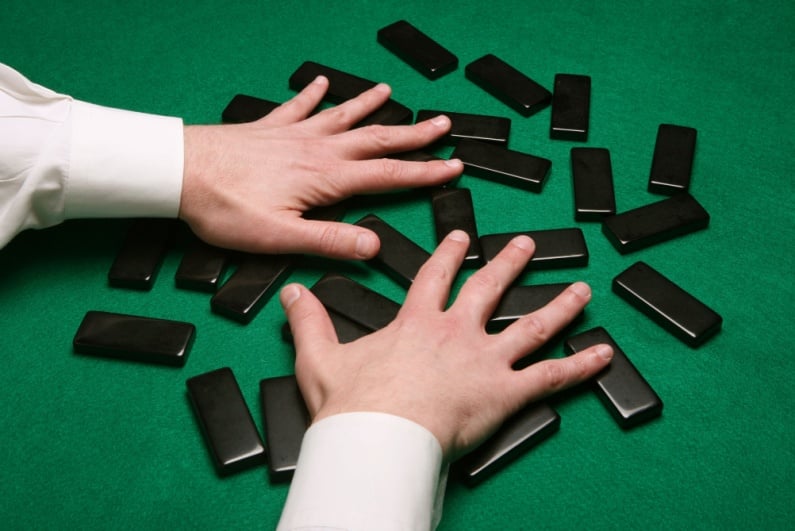A major victory for the tribe
The Tigua tribe in El Paso, Texas is legally able to offer electronic bingo games at its casino in Lower Valley, according to a US Supreme Court ruling. The Supreme Court voted 5-4 on Wednesday in favor of the Texas tribe. As bingo is permitted in Texas, federal law states that tribes can offer non-banned gaming activities on their land.
decision has voided a 2020 appeals court ruling against the tribe
The decision has voided a 2020 appeals court ruling against the tribe; the case now returns to the lower courts where there the case’s precedent will be revised and a reconsidered in the appropriate light.
There has been a legal battle between the tribe and the state of Texas for decades regarding gambling laws. Brant Marting, an attorney representing the Tiguas, said that the tribe is happy with the “vindication offered with the opinion handed down, and the fact the court agreed with our interpretation of the (federal) Restoration Act.”
He went on to say that the tribe is looking forward to continuing the litigation battle through the lower courts. There was no immediate comment from the Texas Attorney General’s Office.
Misunderstanding the Restoration Act
When announcing the majority decision, Justice Neil Gorsuch explained that the Restoration Act only prohibits banned gaming activities from taking place on tribal land in Texas. Therefore, the US Supreme Court ruling states that the Fifth Circuit Court of Appeals was not correct with its understanding of the Restoration Act.
Following a court ruling in 2016 that the Tiguas “sweepstakes” gaming offering was illegal, it switched its offering at the Speaking Rock Entertainment Center to bingo. While there were previous rulings against the Tiguas related to its offering of bingo, the tribe was able to keep offering bingo games during the appeals process.
Opposing views
Legal counsel representing the state of Texas had argued that the electronic bingo machines that the Tiguas offer are very similar to slot machines. While there was a mention of getting clarification in the courts to decide if they were actually bingo machines or more akin to slot machines, the Supreme Court opinion ultimately stated that these concerns are “irrelevant.”
Chief Justice John Roberts was one of the Supreme Court judges who voted against the Tiguas. He believed that the question presented as part of the case was whether or not all of the state’s gambling laws were applicable to tribal land, rather than the case relating to just those laws that explicitly ban a specific game. Chief Justice Roberts concluded by saying that “The Court’s approach also winds up treating gambling violations more leniently than other violations of Texas law.”




